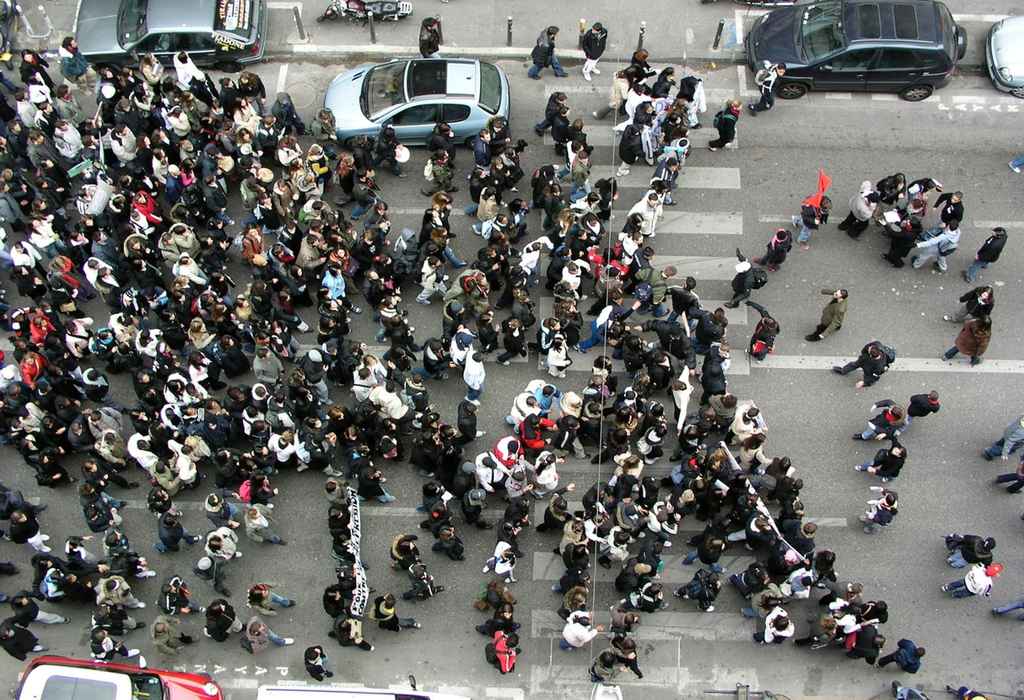R.U. (René) Nissen
- Nieuwe Achtergracht 166
-
Postbus 15509
1001 NA Amsterdam
-
Profile
I am a Junior Researcher at the Department of Anthropology’s Health, Care and the Body Group and a Doctoral Candidate at Wageningen University’s chair group Knowledge, Technology and Innovation. In my academic work I am curious to learn what is done with contemporary ecological problems, especially by experts who have made it their task to tackle them. Problems with PFAS pollution in the Netherlands perform as my cases.
The water technology sector seems to suggest such problems can be solved. That is my starting point, and thus my first question is pragmatic: I am out to learn how to solve a problem. But water authorities are cautious to promise solutions: technologies that solve problems tend, additionally, to be involved in new problems; any solution is afforded by new trouble.
The second question, then, is a search for other ideals: If solutions are polluting, then what to do? And here I am out to learn an engagement with problems that does not promise that all will be well, yet still attempts to do one or another form of good. With PFAS problems I sense the need to adapt, if only slightly, the idea that problems must be solved in order to be tackled, and tackled well.
The goal: to find and describe, and sometimes to rescue, less charismatic and more situated registers of doing good in the face of environmental pollution.
Research expertise
- PFAS
- material semiotics
- solving
- care
- STS
Media appearances
-
Research
Research methods
- Praxiography
- Expert interviews
-
Ancillary activities
No ancillary activities
